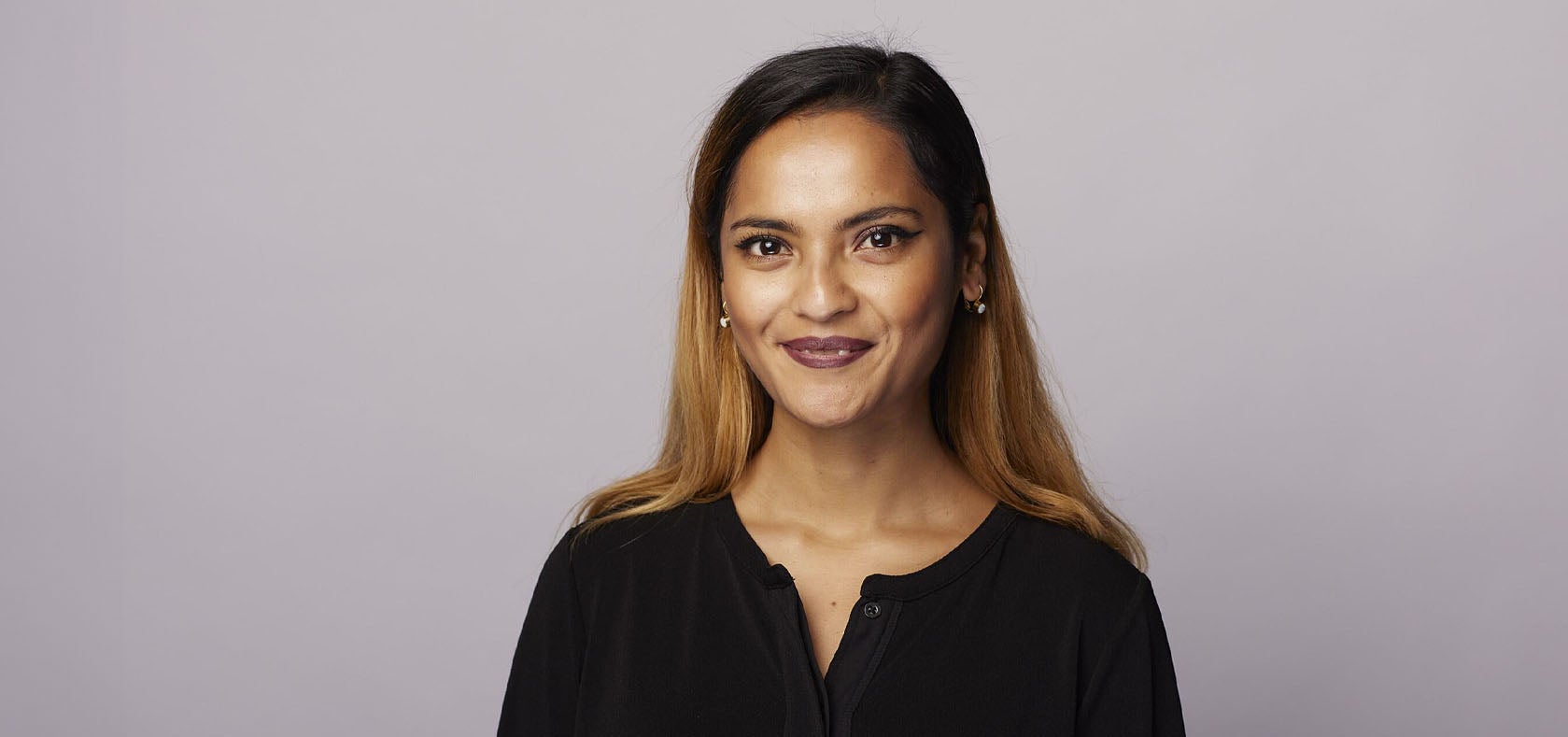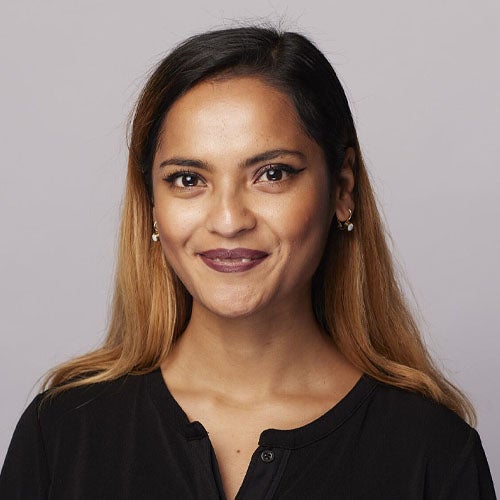Beijing+30 Youth Blog: The urgent need to protect Rohingya women and girls
Date:
Author: Noor Azizah


I want to address the urgent need to protect Rohingya women and girls who have been displaced across Asia. My family and I have endured unimaginable challenges, and I want to share our story to shed light on the broader issues affecting the Rohingya community.
My family and I have endured structural, direct, and cultural violence. The division of Arakan/Rakhine state drastically disrupted our lives. We lost our citizenship, employment opportunities vanished, education and marriage were restricted, and our land rights were revoked. We faced relentless violence. The military Junta burned our homes and threatened us with guns and physical violence, justifying their actions to their people. This forced us to flee. We escaped Myanmar on foot, ending up stateless in Malaysia, where we faced further discrimination. I lived as a child refugee in Malaysia for eight and a half years. We hoped for a better life but spent most of our time hiding in the jungles from the police, deprived of education. We sold cut-out photos of celebrities on the street to buy food and milk.
In 2003, my family was granted asylum by the Australian government, a gesture for which we are incredibly grateful. Unfortunately, many Rohingya communities have not been as fortunate and remain stranded. The United Nations High Commissioner for Refugees (UNHCR) has registered nearly one million Rohingya refugees and asylum seekers, with the majority residing in Bangladesh (860,000), Malaysia (101,000), and India (18,000). Smaller numbers are found in Indonesia, Nepal, Thailand, and other countries.
Additionally, an estimated 600,000 Rohingya remain in Myanmar's Arakan/Rakhine State, with 142,000 internally displaced and living in concentration camps.
Our genocide has been ongoing for 82 years, strategically planned by the extremist Burmese military junta. They slowly implemented oppressive regulations, forcing the Rohingya to live under an apartheid regime with compulsory labour, loss of citizenship in 1982, the use of rape as a military tactic, land confiscation, physical violence, marriage restrictions, mosque closures, denial of education, family regulation, and village burnings. Our women and girls face immense challenges, enduring gender-based violence both in our ancestral homeland and during displacement.
In August 2017, over 750,000 Rohingya fled to Bangladesh following violent military crackdowns in Myanmar's Rakhine State, joining previous waves of refugees from the 70s and 90s.
Today, I am the co-founder and director of the Rohingya Maìyafuìnor Collaborative Network, a women-led, Rohingya-led, and refugee-led organization working on Rohingya human rights issues, sexual and gender-based violence (SGBV), education, and translocal solidarity with a focus on women, peace, and security.
Our women and girls bear the brunt of the Rohingya genocide. One girl, identified only as A, was raped at 13 by soldiers who broke into her home in Burma, driving her and her terrified family to Bangladesh.
Mass boat arrivals have increased recently, particularly in Aceh, Indonesia. Previously, we saw mostly men arriving, but now women, girls, and children are making the life-threatening journey due to dire conditions in Bangladeshi refugee camps and the ongoing genocide in Arakan/Rakhine state.
I have visited my brothers and sisters in Indonesia and Malaysia who live without protection. Neither country is part of the 1951 Refugee Convention, but we must act in good faith, share faith and uphold ASEAN values to protect, not punish, women and children. Hate speech against Rohingya is escalating, affecting those like a Rohingya mother in Aceh. Her boat was pushed away; she had two small children, and one child died from starvation. Not knowing when they would disembark, she had to bury her child at sea. Another mother and her children were set on fire in Malaysia. While we acknowledge our community is not flawless, 82 years of genocide have pushed us to the brink of survival. The cycle of poverty will continue unless we have policies and infrastructure that allow us to contribute meaningfully to society. I am a testament to this: in Malaysia, I had no opportunities for education. After resettling in Australia, I earned two degrees, a Bachelor of Education and a Master's in Peace and Conflict Studies from the University of Sydney. Imagine giving this opportunity to our children. We do not intend to take over the land where we are displaced; we simply ask for resources to thrive and contribute meaningfully until we can safely return to our ancestral homeland. We want to rebuild our homeland, but we need our children to be educated.
The Beijing Declaration and Platform for Action committed to taking strategic, bold action in 12 critical areas of concern: poverty, education and training, health, violence, armed conflict, economy, power and decision-making, institutional mechanisms, human rights, media, environment, and the girl child. All these concerns resonate deeply with the Rohingya plight.
Please continue to support in raising awareness about the struggles and resilience of Rohingya women and girls. Together, we can make a difference."
Biography:

Anu Dhull, 28, is a female, first-generation PhD scholar in International Relations at the Indian Institute of Technology, Madras. Her research focuses on Indian women uniformed peacekeepers deployed across conflict-affected areas.
Social media:  @NoorARohingya
@NoorARohingya  @noor.azizah.rohingya
@noor.azizah.rohingya